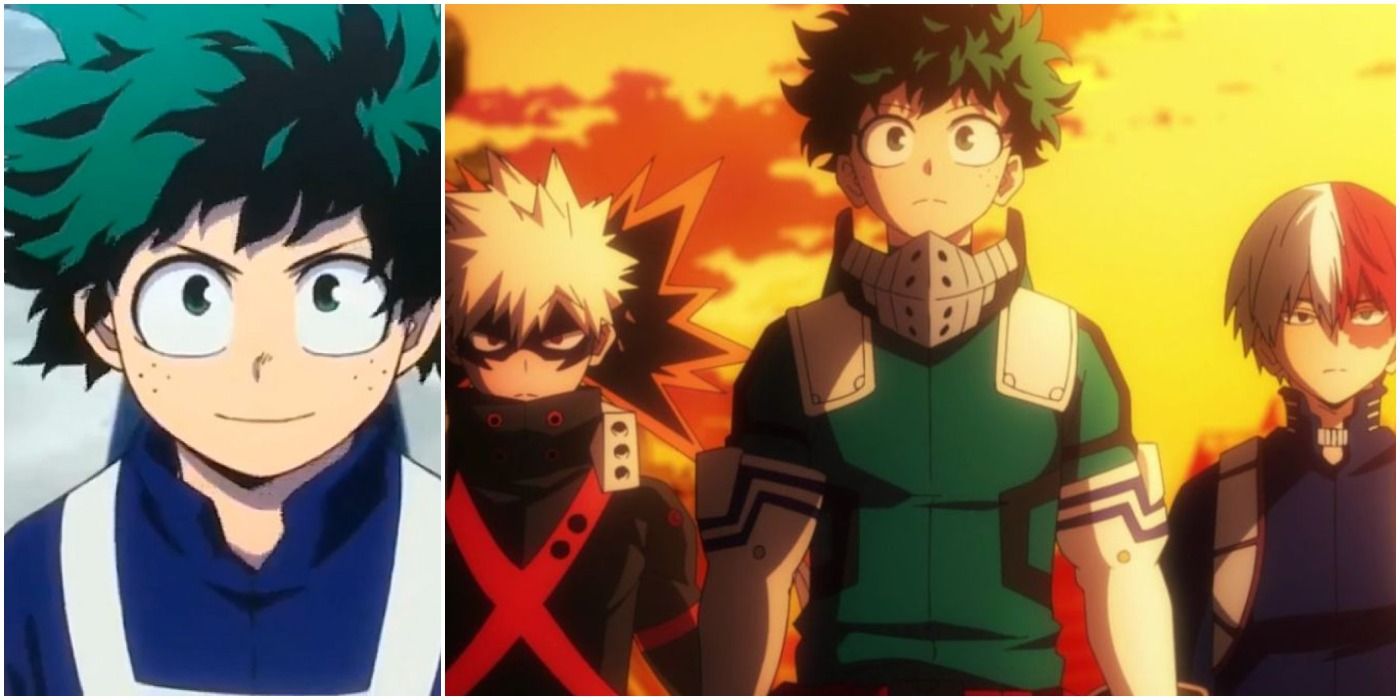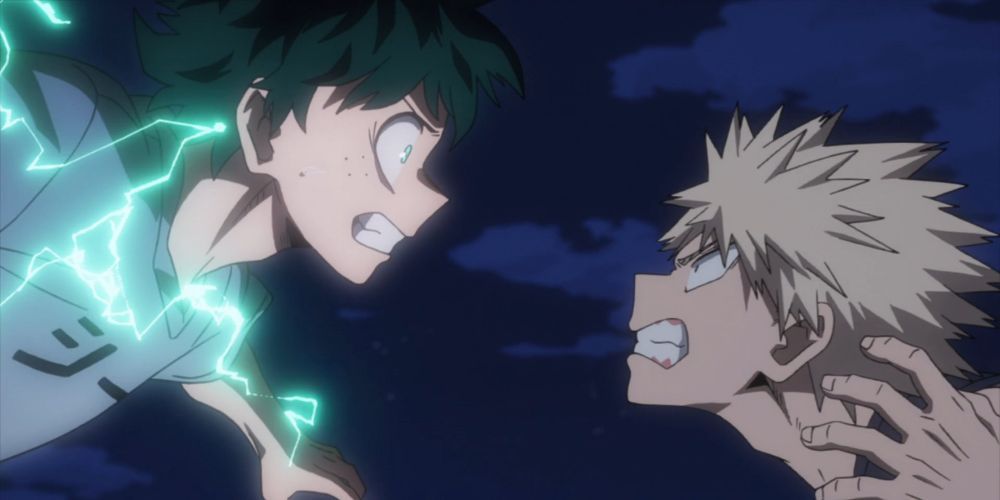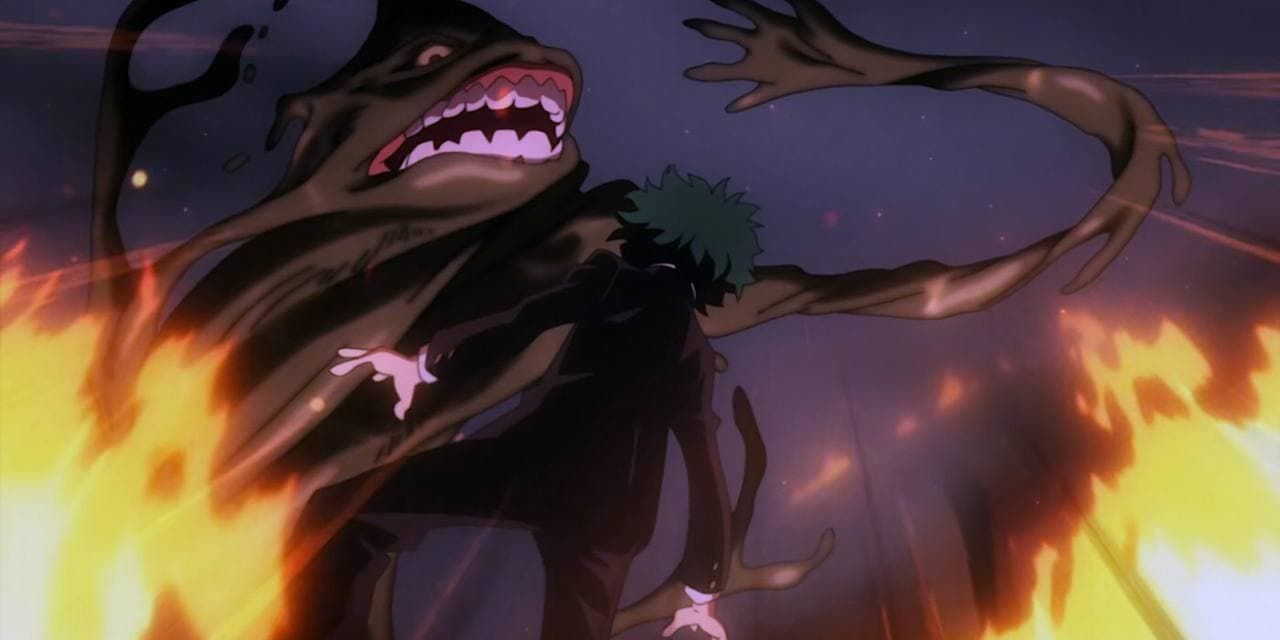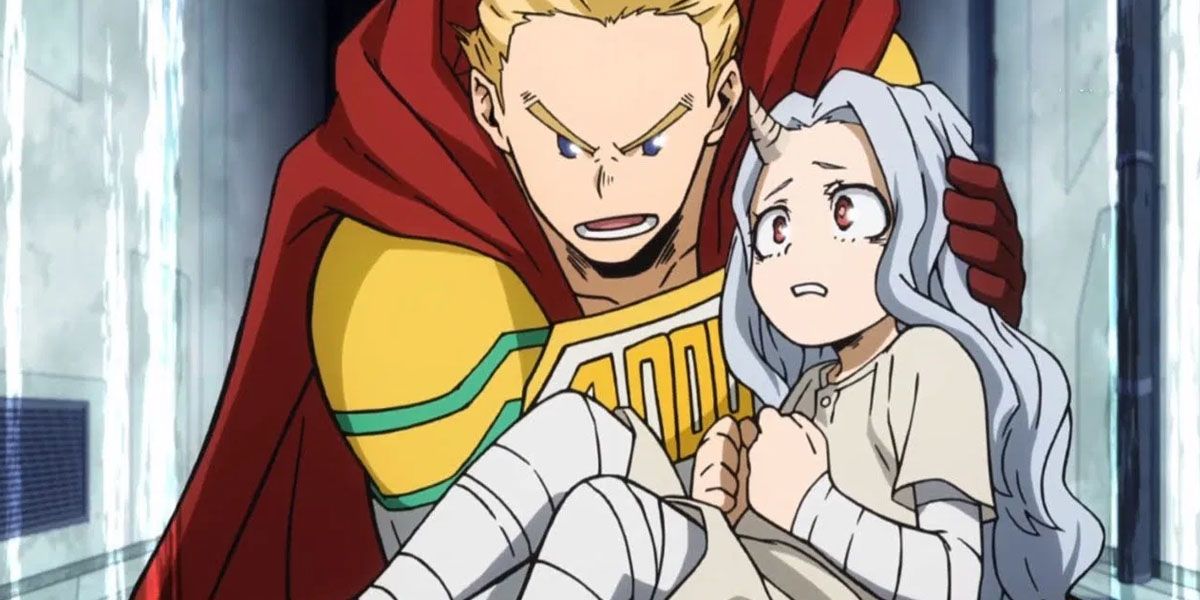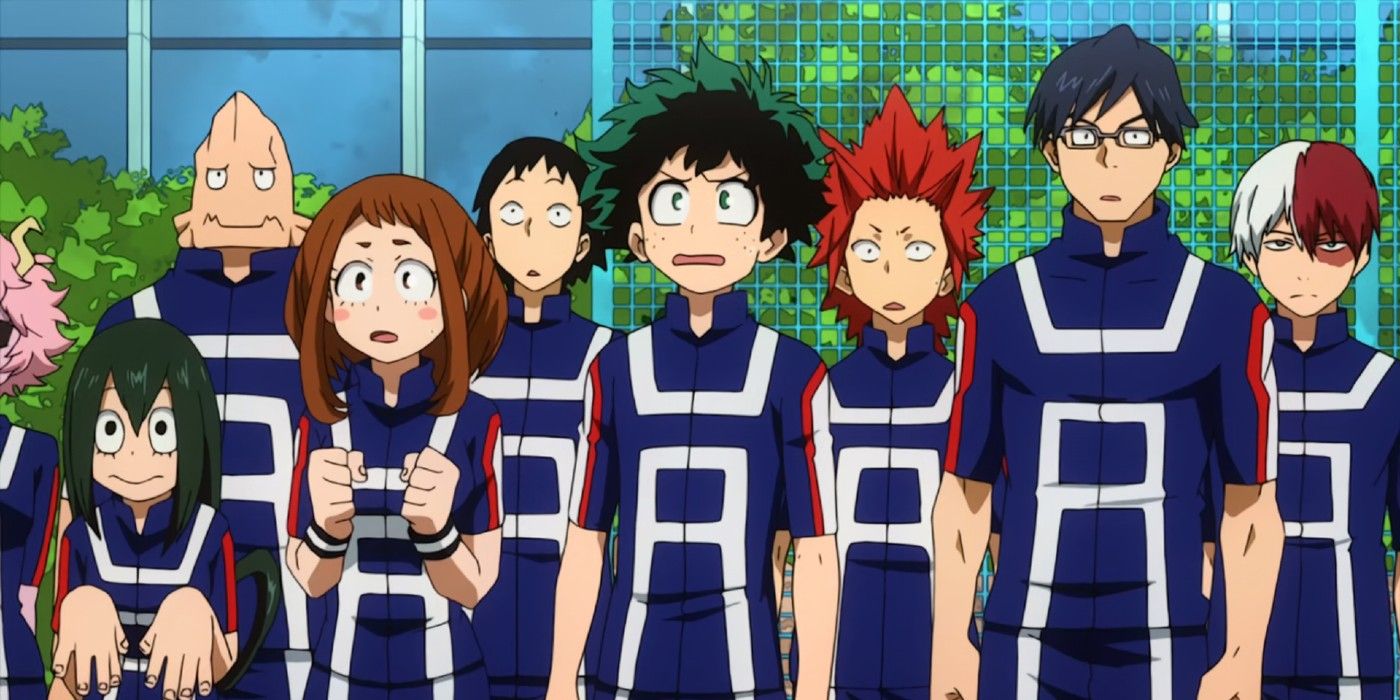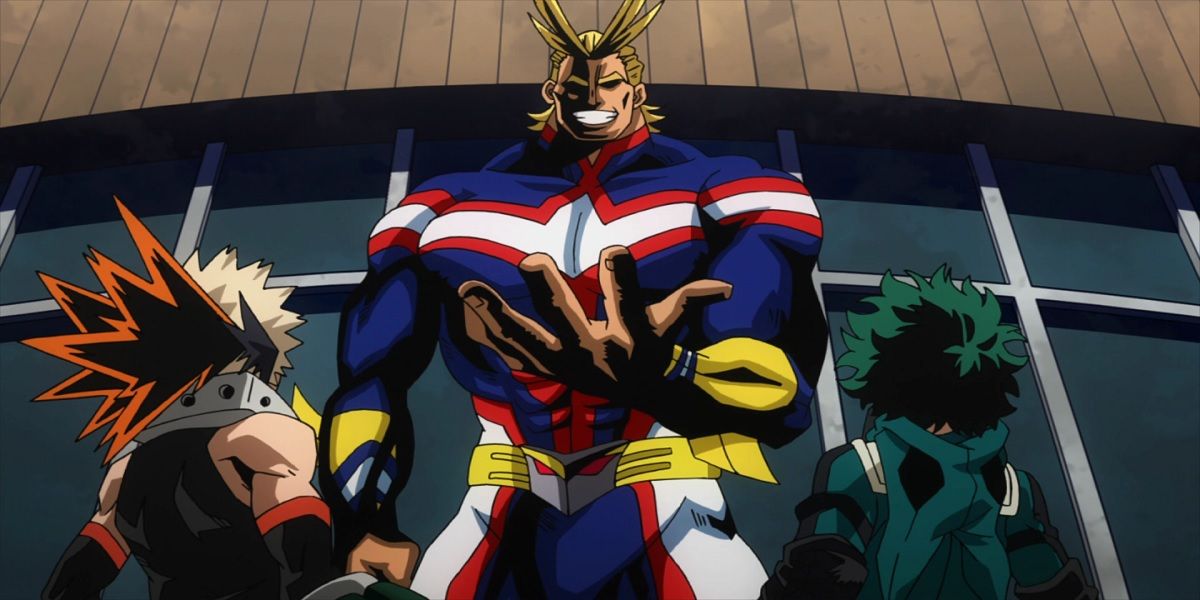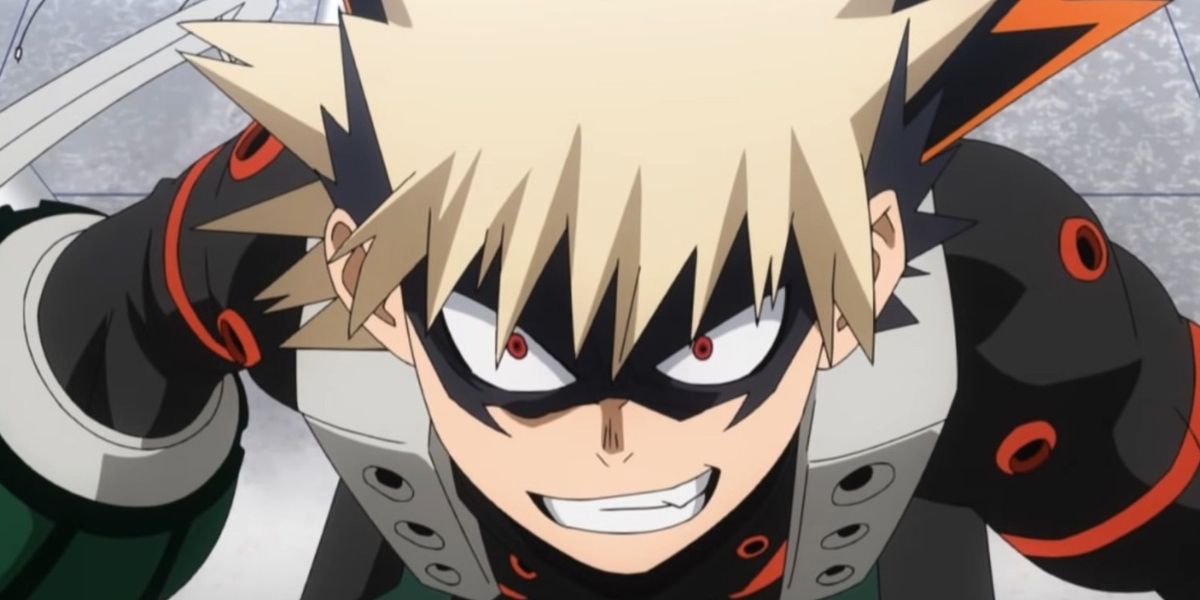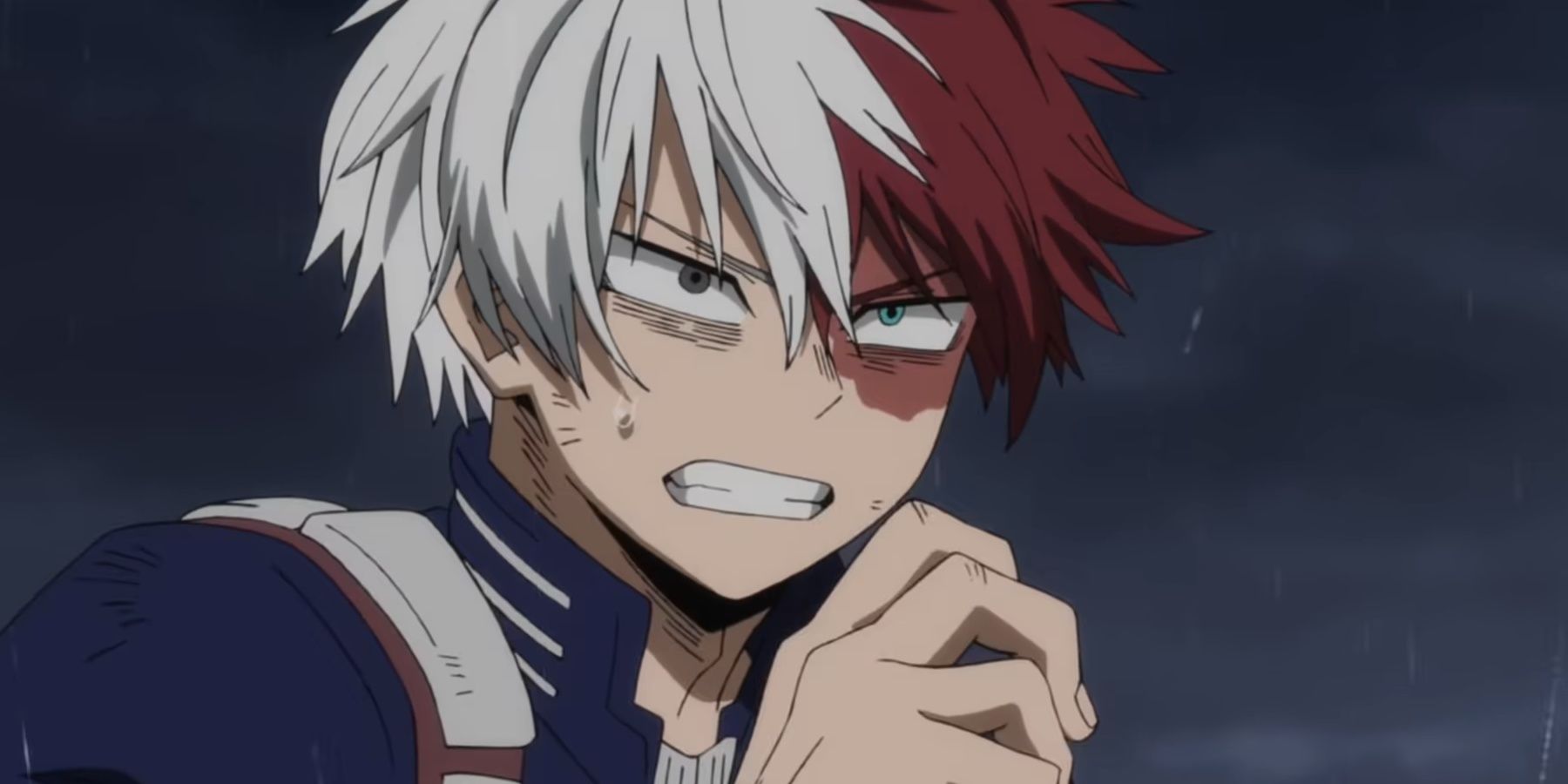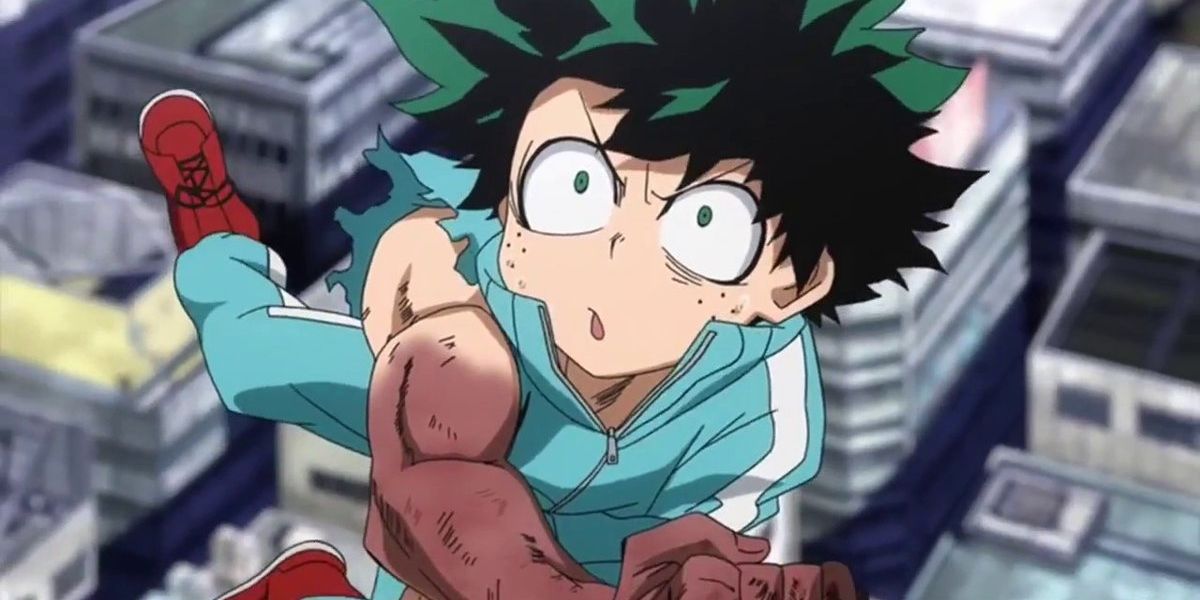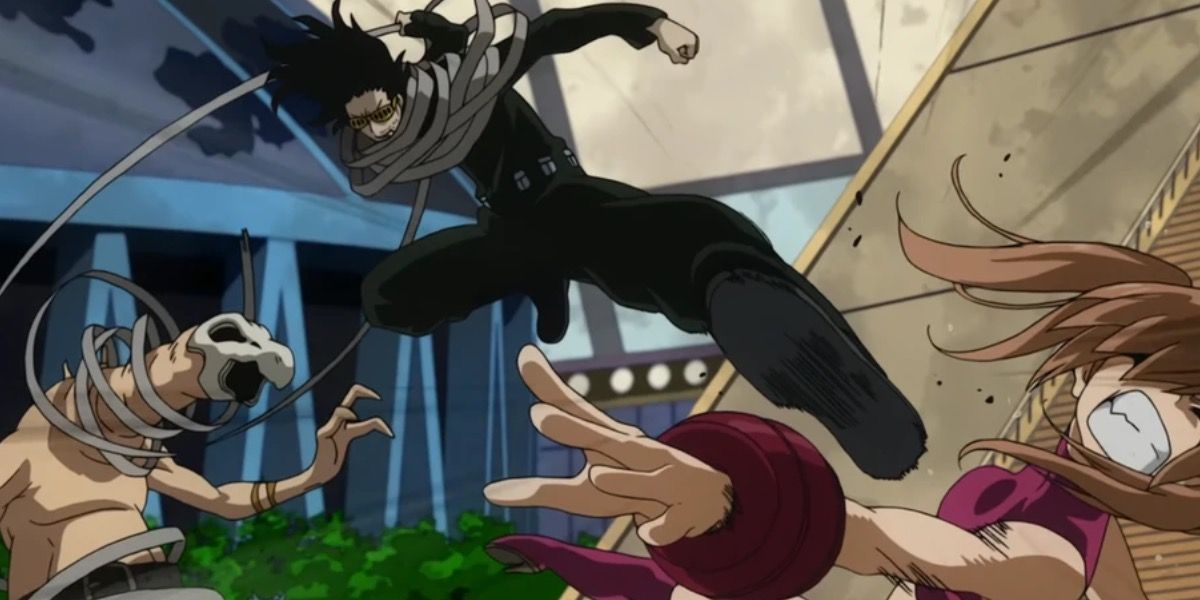Shonen anime tend to follow many of the same tropes and formulas, and the main characters often fall into similar archetypes. While these shows still tell great stories and offer enjoyable entertainment, they often find themselves dipping into the realm of cliché.
That is not to say that clichéd things cannot be inherently valuable. They can. In many cases, the clichés are the very reason fans find themselves drawn to anime time and time again (and if it's not broken, why fix it). So, whether its clichéd moments and characters are good or bad, there are many times My Hero Academia came across as clichéd.
10 Midoriya's Heroic Attitude Is A Shonen Staple
Izuku Midoriya, also known by his hero name, Deku, is a character who would do anything to save others and who always works in earnest. He is kind, caring, and refuses to give up. While this is all admirable, it is not necessarily new or unique, especially to shonen anime.
The stereotype of the hero who does not hesitate to put his life on the line can be found across anime. Just look at heroes like Naruto Uzumaki or Sailor Moon. Anime heroes often look to the powers of friendship and will, and Deku is no different.
9 Shonen Cannot Be Without A Friendship/Rivalry Like Bakugo & Midoriya's
One cannot have a shonen anime without a good friendship-turned-rivalry. Fans see it time and time again. There's Naruto and Sasuke, Asta and Yuno of Black Clover, and even Hunter X Hunter's Gon and Killua. In My Hero Academia, the rivalry is between Midoriya and his classmate, Katsuki Bakugo, who looked down on Midoriya before Midoriya suddenly got a Quirk.
Midoriya, like many shonen protagonists, started with little to no power, while Bakugo was the arrogant prodigy who hated to be outdone. Fans knew what was going to happen the moment these two appeared on the screen.
8 The Desire To Save Others No Matter The Cost Is A Common Trope
Saving others no matter the cost is a goal that is woven into Midoriya's personality, but he is not the only character who holds this value. Most of the characters (who are primarily Pro Heroes or Pro Heroes-in-training) live by this motto.
It is an attitude that is seen throughout shonen anime. The hero wants to save the world or a loved one, and they will put themselves in harm's way to do it. Midoriya even throws himself in front of a villain when he has no Quirk, and the villain had already taken Bakugo—who had a quite powerful Quirk—hostage.
7 The Hero Complex Is Quite Literal
The desire to save people by any means necessary comes largely from the hero complex. Many shonen protagonists have this complex, whether it be because a role model was heroic or they were victims of a traumatic event they want to save others from.
My Hero Academia takes this trope and makes it literal, as many of the characters are actual superheroes (or training to be one). It takes all the best clichés from shonen anime and superhero comics and wraps them into one story. Oddly enough, this merging of concepts makes a set of clichés feel fresh.
6 The School Life Episodes Are Anime Standards
School life moments are a staple in anime. From shonen and shojo to slice of life, there is always a "beach vacation" episode or a "school festival" episode. The students are seen taking exams, studying, and working on group projects. This is no different in My Hero Academia.
Many of the exams for UA High School are centered around drills, trials, and tournaments. The main event for one of the school festivals was a tournament that decided which Pro Hero a hero-in-training may get to intern for. So, while it has a unique take on school life, it still includes many of the same tropes as other anime.
5 All Might's Mentorship Is Nothing New
The mentor archetype is a staple for shonen anime. The main characters need a way to get stronger and one of the ways this happens is by being paired with a mentor of great power. All Might serves this role for Midoriya, and at points, for Katsuki Bakugo.
All Might has been criticized for not being the best of mentors for the two students, and much of this is because All Might is treated like a god among men who can do no wrong in a world that just is not that cut and dry.
4 Bakugo's Whole Personality Is A Cliché
Bakugo is the hot-headed, always angry, power-hungry rival of Midoriya, and he often seems just a little too violent to be a Pro Hero. Though he idolizes All Might, he feels too much like heroes such as Endeavor or even some villains, rather than the Symbol of Peace.
However, Bakugo's personality is a trope in anime. The rough-around-the-edges and quick-to-fight hero (often a rival of another hero) is common. Other anime characters who fall into this trope are Asta of Black Clover and Natsu of Fairy Tail.
3 So Is Shoto Todoroki's
Another common character archetype, who also often serves as a rival for another hero, is the calm and cool prodigy. In My Hero Academia, this role is filled by Shoto Todoroki, the son of the Number Two Pro Hero, Endeavor. Shoto is top of his class, and his Quirk, which allows him to use the powers of both ice and fire, is incredibly strong.
Like Bakugo, he is considered a heroic genius with tons of raw talent. However, unlike Bakugo, he is reserved and cool-headed. Other characters that fill this trope are Sasuke Uchiha from Naruto and Megumi Fushiguro from Jujutsu Kaisen.
2 With Great Power Comes Great Drawbacks
The main character of many shonen anime must be capable of tapping into incredible power, but winning also cannot be too easy for them. So, their powers are often given serious drawbacks that either force the main character to use more tactical planning and strategy or put them in danger of legitimate harm.
For Midoriya, his One For All power puts his body at risk of breaking down, and fans see this happen to All Might, who is eventually forced to retire because of it.
1 Good Versus Evil Is A Tale As Old As Time
The concept of good versus evil cannot only be found across all genres of anime, it can also be found across all genres of media, in general. The heroes, who stand for life and justice, are pitted against the villains, who will try to achieve their goals no matter the consequences.
Action anime often involve fighting, and watching two "good" characters fight makes for internal conflict. It is much easier when it is clear who is in the right and who is in the wrong. This line does get more complicated as My Hero Academia goes on, though.

